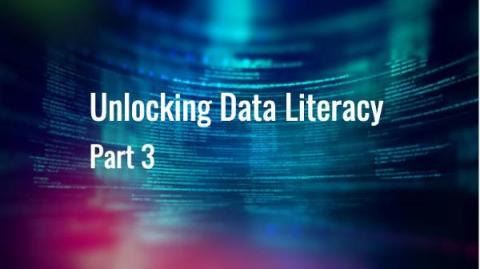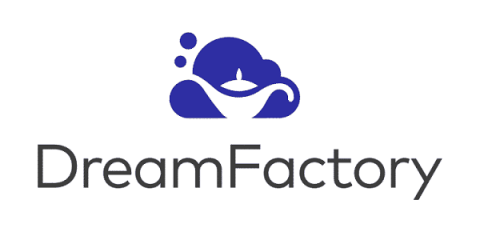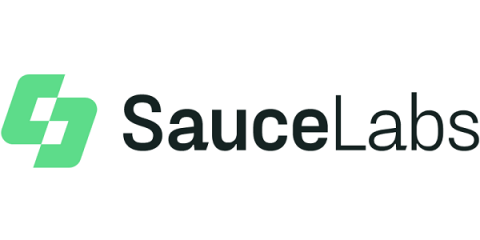Securing your Applications in Node.js - Part 2/3
If you haven’t checked out the first part of Securing your Applications in Node.js, click here. This is a 3-part blog series on Node.js. This article aims to establish a Node.js security roadmap by addressing security challenges comprehensively and consistently for large infrastructures. Let’s begin! 🚀









